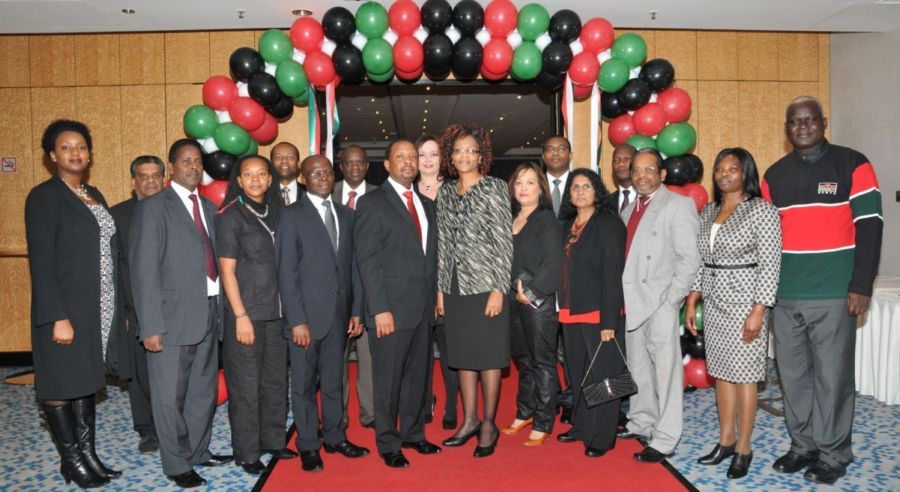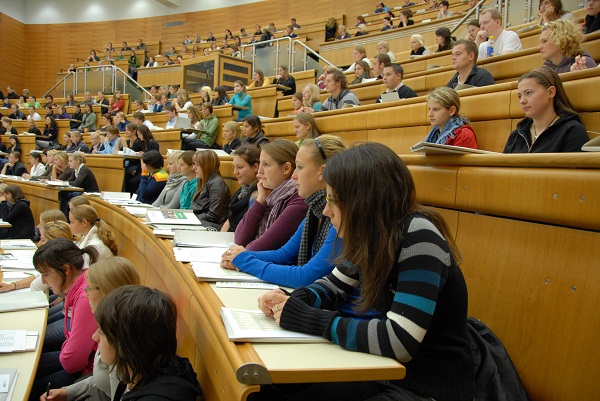A recent report by the UN has revealed that over 600,000 foreigners have been trapped in the Middle East countries where they are trapped in forced employment. I know you might be wondering why I posted this on this blog, but after I’ve met several people who insist on finding jobs for their relatives in the Middle East hoping their fate will be different, I’d like to post this statistics from the UN who researched for 2yrs before releasing the report.
The UN called for the complete overhaul of the immigrationlaw within the region, especially the banning of Kafala. Kafala which is apractice that requires labourers and workers within the Middle East to havesponsors in order to work and live within the Middle East. The practicedictates that the sponsors are responsible for the foreigner’s visas and legalstatus.
The 150-page report entitled “Tricked and Trapped: Human Trafficking in theMiddle East” was based on research carried out in Jordan, Kuwait, Lebanon andthe United Arab Emirates.
“Although data is scarce, the ILO estimates that there are 600,000 forcedlabour victims in the Middle East,” it said.
The study singled out the kafala system, saying it was “inherentlyproblematic” because it created an unequal power dynamic between employers andworkers.
“Reforming the kafala system would significantly improve labour migrationgovernance in this regard,” it said.
The study addressed the issue of animal herders, who are recruited from manyAsian countries, including Bangladesh, Nepal and Sri Lanka.
“Several migrants interviewed by the research team had originally beenrecruited as domestic workers but later were moved on to work as animalherders, taking care of sheep, camels and other livestock out in the desert,”it said.
“The vulnerability to debt was highlighted by the results of a survey ofAsian workers in Qatar: Half of those interviewed had paid recruiting agenciesa fee before leaving home; the average fee was 2,000 Qatari rials ($550), andsome had paid much more, putting themselves deep in debt.”
The report said the research team found evidence that showed “the particularvulnerability of Asian and African women migrant workers to deceived andcoerced into sexual exploitation.”
Some women who have migrated to work as domestic workers, nurses, teachersor waitresses, “are abducted upon arrival by their freelance agents and obligedto provide commercial sexual services to clients out of private or isolatedapartments or villas.”
The study criticised as insufficient laws that “reinforce underlyingvulnerabilities of migrant workers” and restrict their ability to terminateemployment contracts and to change employers.
A lack of inspections kept domestic workers isolated and heightened their“vulnerability to exploitation,” said the study, warning against “the realrisks of detention and deportation for workers who are coerced into sex work”.
In male-dominated economic sectors such as construction, manufacturing,seafaring and agriculture, “workers are routinely deceived with respect toliving and working conditions, the type of work to be performed, or even theexistence of a job at all,” it said.
“Human trafficking can only be effectively tackled by addressing thesystemic gaps in labour migration governance across the region,” said FrankHagemann, ILO deputy regional director for Arab states.
Courtesy AFP











